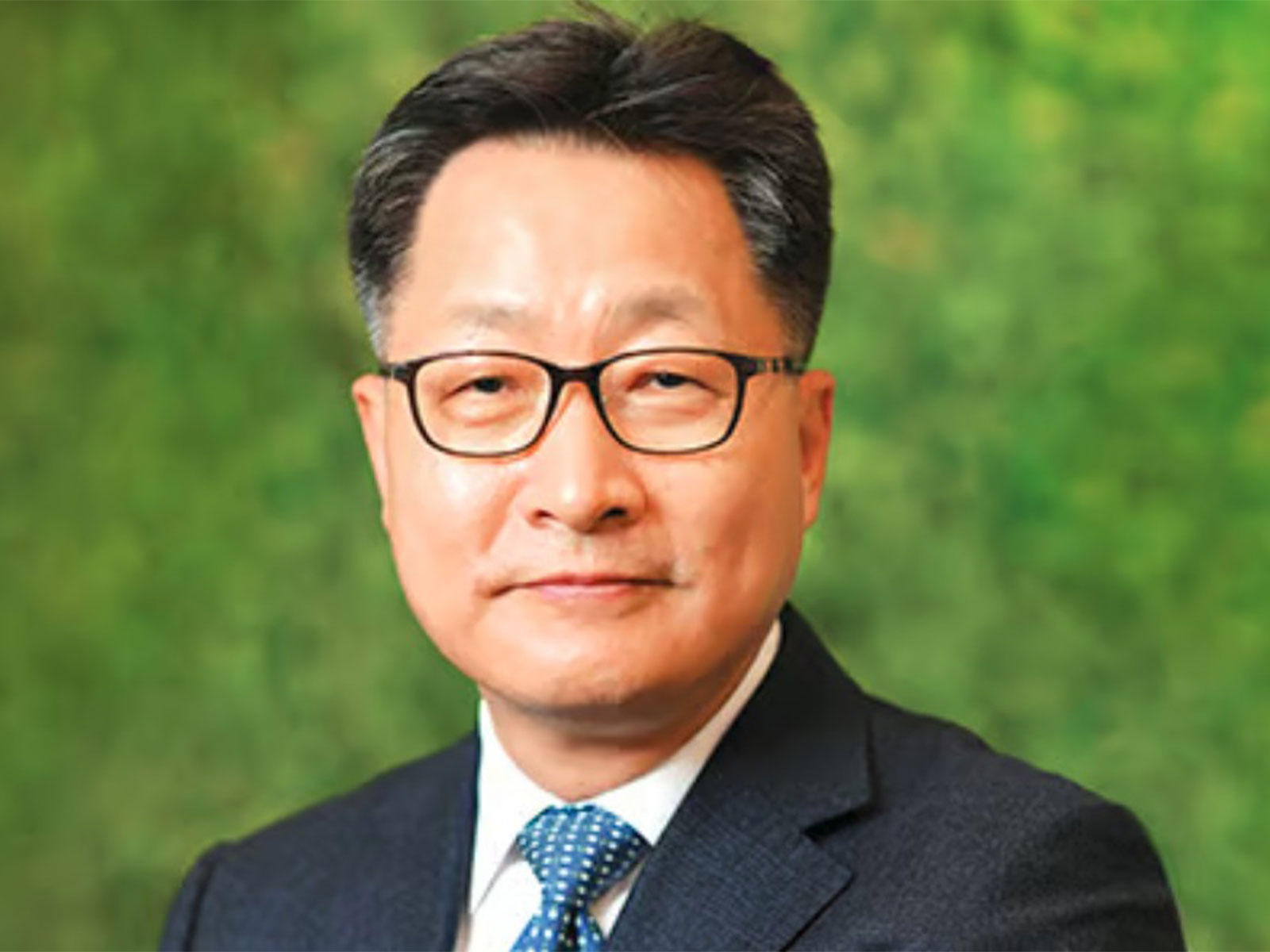Hyundai's Green Shift: Fuelling India's Auto Industry Future
Hyundai Motor India's Managing Director, Unsoo Kim, discusses the shift towards green fuels at the SIAM Annual Convention. He outlines Hyundai's strategies for sustainable mobility and India's strategic role in this transition. Kim commends government initiatives and calls for global collaboration to accelerate progress.

- Country:
- India
At the 65th SIAM Annual Convention, Hyundai Motor India's Managing Director, Unsoo Kim, emphasized the transformative shift towards green fuels and sustainable mobility reshaping India's auto industry. Kim stated that Hyundai remains at the forefront, continually innovating solutions across propulsion platforms, including internal combustion engines, electric vehicles, and hydrogen fuel-cell technology.
Citing global examples, Kim highlighted the impact of hydrogen and electrification on logistics and public transport. He mentioned Hyundai's XCIENT Fuel Cell trucks in North America, which are part of the HTWO Logistics initiative powered by on-site hydrogen production, effectively managing almost half of the logistics for Hyundai Motor Group Metaplant America.
Discussing Hyundai's strategy in India, Kim outlined five key areas: sustainable technology, a holistic EV ecosystem, policy alignment, public-private partnerships, and sustainability. He underscored Hyundai's commitment to reaching the RE100 benchmark at its Chennai plant, and mentioned ongoing projects in urban air mobility and micro-mobility for last-mile connectivity.
Kim praised India's potential to co-develop future mobility solutions, noting government initiatives like FAME and Production Linked Incentives as crucial. He described the nation as uniquely positioned in the global mobility shift, aligning with Make in India and Atmanirbhar Bharat goals. Kim also lauded recent GST reforms as energizing factors for the automotive sector.
In closing, Kim stressed the importance of collaboration between global and Indian industry players for a seamless transition to sustainable mobility. He reflected on India's role as a leader in this transition, quoting Prime Minister Narendra Modi's vision: "India's time is now," focusing on sustainable, inclusive, and transformative growth.
(With inputs from agencies.)










